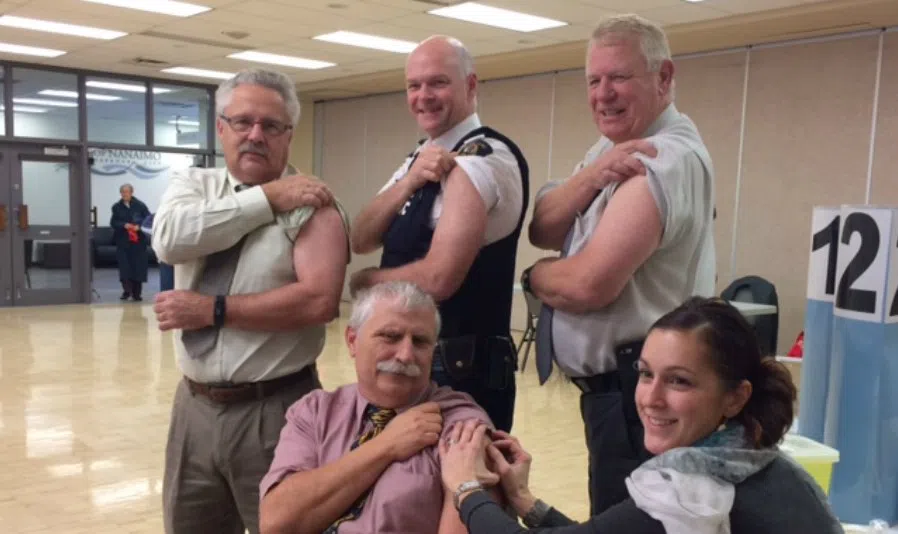
Evidence it could be a busy flu season, medical health officer says
NANAIMO — It’s unclear how deadly of a flu season we’re in for, but early signs indicate it could be busy.
That assessment from central island medical health officer Dr. Paul Hasselback who says there is evidence a strain is causing outbreaks in long-term care facilities in B.C. which could mean a stronger than usual flu season.
“That’s a bit early for us to see those outbreaks. It is a suggestion that we’re already seeing influenza activity. We certainly have had local cases that have been identified as well,” said Hasselback.
He points out that it’s unclear how many Canadians die from the flu every year, but puts the numbers in the thousands. He says people with pre-exisiting health issues are more at risk.



